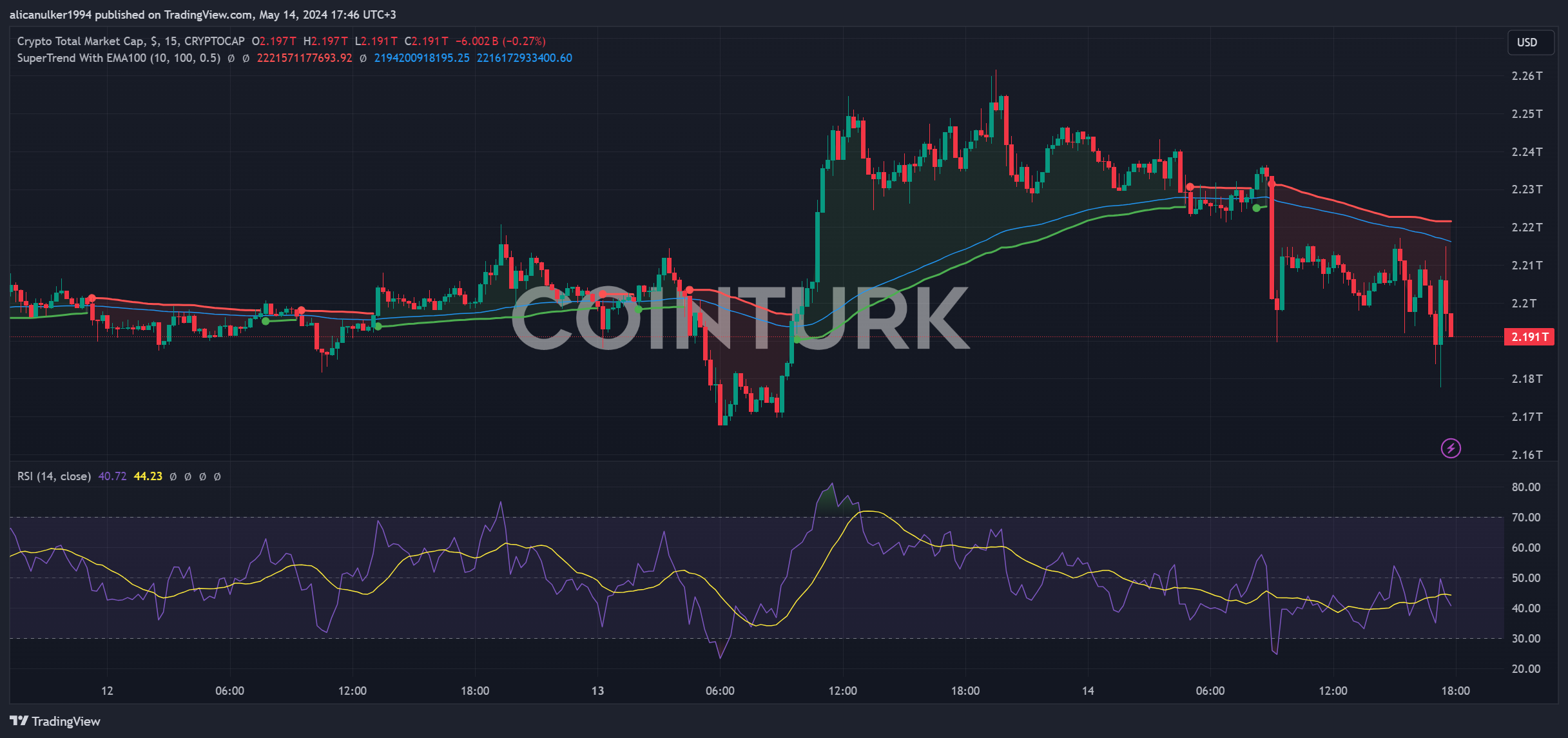Governments worldwide continue to draw attention with their regulations on cryptocurrencies. Yesterday’s regulation news in Turkey has now sparked discussions in Canada. Recently, significant developments related to regulations occurred between Canada and Binance. The Canadian government seems to be preparing for a new era in cryptocurrencies through taxation.
Canada and Cryptocurrencies
Canadian Prime Minister Justin Trudeau proposed a significant increase in capital gains tax, aiming to reach 66% in early 2024, to alleviate the pressure on Canadian citizens in the housing market.
The important aspect of this increase is its aim to generate as much tax revenue as possible. Consequently, capital gains from stock trading and cryptocurrency sales will be included in this scope. However, both citizens and companies are clearly protesting this increase, and the situation continues to be met with opposition.
It is believed that even previously untaxed gains, amounting to approximately 54 million CAD (39 million USD), could be targeted under the proposed increase in cryptocurrency taxes.
Cryptocurrencies and 40 Million Dollars
The Canada Revenue Agency (CRA) is increasingly pursuing 54 million CAD (approximately 39.5 million USD) related to unidentified cryptocurrency transactions and profits. Sahil Behal, an official from CRA’s compliance branch, made a statement to the National Post on May 6. He mentioned that 400 audits and investigations related to crypto assets are currently ongoing.
Behal noted that the scope of the investigation is related to the 2023-2024 tax period and emphasized the agency’s ongoing efforts to examine tax obligations concerning cryptocurrencies.
Additionally, Behal explained that there are significant challenges in educating about tax responsibilities within the country’s borders. While CRA is considered to be lagging behind the United States, it closely follows the Internal Revenue Service (IRS).
Recently, the IRS took a significant step by introducing a draft of tax Form 1099-DA, designed to detail income from cryptocurrency transactions conducted through brokerage, which includes comprehensive audit requirements.











